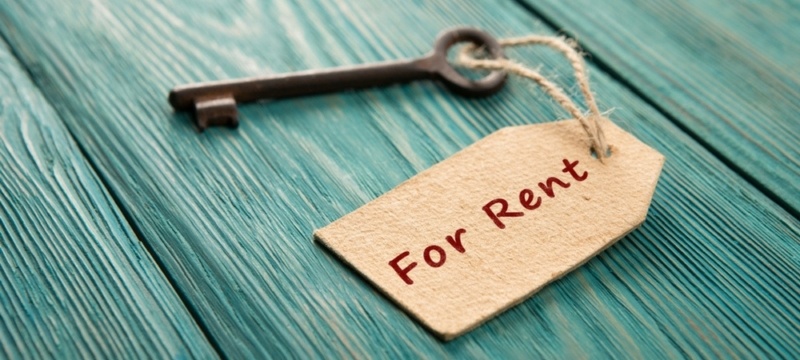While becoming a homeowner has long been a cornerstone of the American Dream, the recent recession has caused many Americans to question if buying a home is still the right move.
For some, renting a home and saving the money that would have been spent on a mortgage has become the new American Dream, and making the decision to buy or rent a home has become less about money and more about lifestyle.
Considerations about renting a home
“For a long time, we have been thinking that owning a home was the surefire way to financial success,” says Bill Deegan, CEO of Renter Nation, a national renter’s organization. “But people shouldn’t view their home as an investment, they should view it as a place to live.”
After owning four homes, Deegan abandoned homeownership for renting and now advocates for the latter. He believes that renting offers unparalleled flexibility and mobility.
For example, if your lifestyle suddenly changes—you get a new job or find out a new baby is on the way—your lease may be the only thing nailing you down. And breaking a lease is a lot easier than selling a home in today’s market.
Buying a home comes with a lot of expenses—and not just the down payment and monthly mortgage. You need to plan for ever-increasing property taxes, insurance costs, and regular maintenance, as well as unexpected repairs that often require hefty cash on hand.
However, if you are renting a home, your monthly rent is usually your bottom line. If your roof leaks, your landlord fixes it and your savings account is left alone.
But what exactly do you gain by renting? Not much, according to Cynthia Joachim, one of the regional vice presidents with the National Association of Realtors. “There’s very little financial value to renting,” she says. “That’s the basic truth. If you can afford to buy and stay in a home, you should.”
The benefits to buying a home
There’s a bevy of reasons to buy a home, from design flexibility to building equity, but the income tax breaks may be the most financially attractive.
For most homeowners, property taxes and some interest on one’s mortgage are deductible. These breaks eventually pay off. In a few short years, a homeowner can be saving money by paying a mortgage rather than paying rent.
“Don’t look at real estate as if it’s a short-term investment,” Joachim says. “It was always intended to be at least a 30-year investment. That’s why we have 30-year mortgages.”
Since you’ll want to stay put until selling your home is at its most advantageous, you should not only have a stable lifestyle but also stable finances. Make sure you have good credit and solid savings before you begin house hunting. If you are approved for a mortgage, put down as much as you afford, and buy less home than you are qualified to buy. You should also always consider how long you can keep making payments if your income is jeopardized.
Renting versus buying? It’s a good time to be looking into your options as a potential homeowner or long-term renter.






